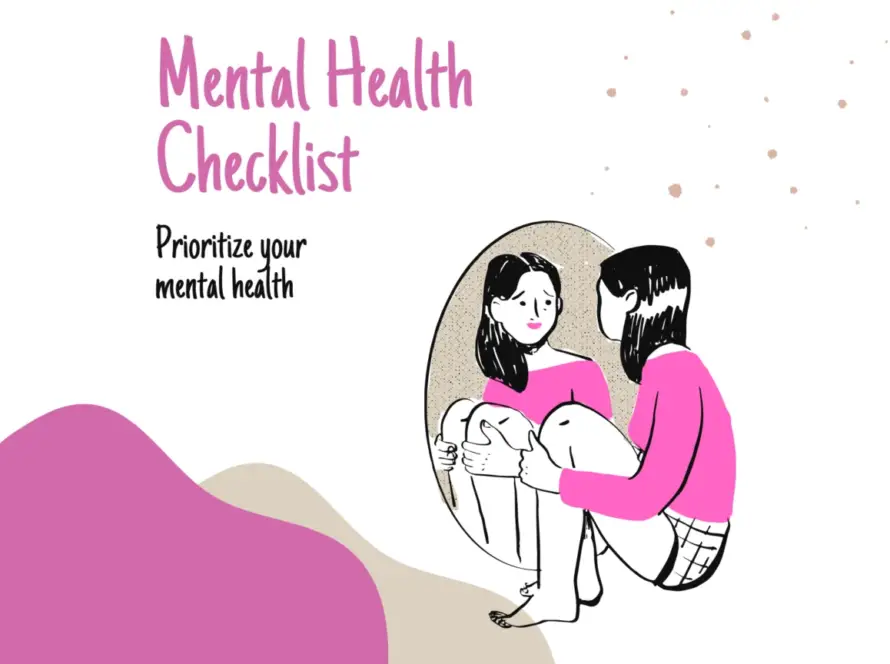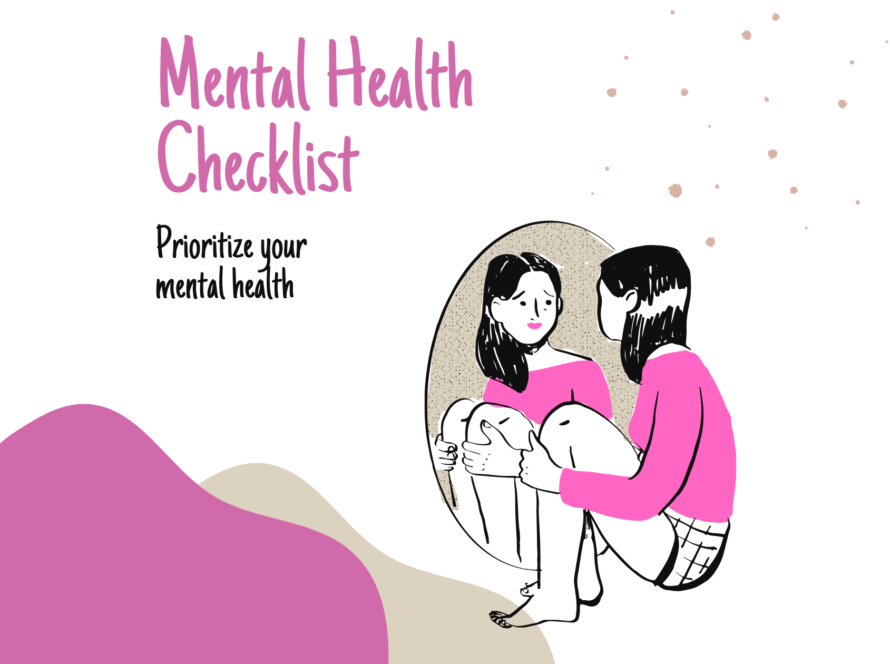The relationship between walking or any other physical activity and mental health has been apparent to general practitioners and mental health specialists for a long time. Sports England asserts that, among others, exercises help to overcome symptoms of depression and anxiety, and lead to enhanced mood and the ability to live a normal life. Additionally, lack of PA also contributes to increased incidence of chronic diseases like CVDs, DM, obesity, osteoporosis, hypertension, and Mental Health disorders.
Understanding Mental Illness
Mental illness can be of different types and they all refer to a disorder that involves a person’s emotional, well-being, and behavior. The two most common forms of mental illness are the anxiety and depression. Depression is defined as an extended period of low mood lasting over two weeks. This condition is very dangerous because it could lead to death through suicides because severe depression may see a patient commit suicide. On the flip side, it’s common to experience worry, tension, or fear in relation to a particular concept.
Effects of Walking in Mental Health Enhancement
To what extent is it possible to walk one’s way out of such feelings and get a normal life? The one qualitative study interviewed participants who underwent walking and employed several cross-sectional comparison measures to assess the impact of the practice on mental health. As depicted in this research, physical exercise was found to be very critical in enhancing the lives of mentally ill people. Investigators also state that such tasks should be incorporated into comprehensive plans of health promotion and disease prevention. According to these reports, sport helps to manage their stress if they engage in any physical activity they keenly desire and that this will help balance between work-related and personal time.
Improving SELF Esteem, and Social Relations
Self-esteem plays a significant role in ensuring the well-being of the human mind. Take advantage of exercise to boost self-esteem, decrease stress, and improve social relationships. Also, physical inactivity is been known scientifically to be of help in successfully avoiding and perhaps handling the symptoms of depression. Thus, general practitioners prescribe medication to the patients along with the recommendations pointing to physical activity.
Finding From Large-Scale Cross-Sectional Investigation of Physical Activity and Mental Health
Another cross-sectional population-based study by Bertheussen GF et al conducted relief on health related quality of life (HRQoL) to establish the impact of physical activity on mental health through self-reporting. Based on this study, it was established that exercise is always associated with an enhanced mental health condition as compared to the non-exercising groups. The research span focused 4,500 respondents, and it revealed that enhancing mental health does not depend on age; it can reach everyone who would like to enhance it.
Positive Effects of Physical Activity on Depression
An overview of primary research studies already published supported the findings of the study regarding the benefits of exercise, regarding patients with depression. Most of the research did not include data regarding the fitness levels, implying that it is the participation in the activity that counts. Even though there was a decrease in the level of mental health with decrease in the physical fitness level, the level of physical fitness was not directly proportional to the mental health level. Investigators other than me have revealed that lack of exercise contributes to the development of depression. Many such similar studies opined that depression enhanced with walking or exercise.
Walking and Anxiety Improvement
Although diverse literature research findings have been directed at assessing the influence of walking on depression, little research has been conducted on anxiety. However, anxiety comes in many forms and this complicates the nature of results attained from studies. Some of the earlier works have pointed out to the fact that patients who have anxiety should take a walk and even engage in exercises. However, there are some findings which imply that patients with agoraphobia, or those patients who have a phobia which is associated with certain places, may benefit from cardiovascular exercises, as a way of gradually dealing with such fear.
Improving SELF Esteem, and Social Relations
Walking and Anxiety Improvement
In summary, walking has a positive impact on patients suffering from mental health problems. Walking and other exercises can help improve self-esteem, decrease negative thoughts, and enhance overall mental well-being. Although it might not be suitable for many mental health problems, all studies confirmed that it helps manage and reduce the symptoms of depression.












